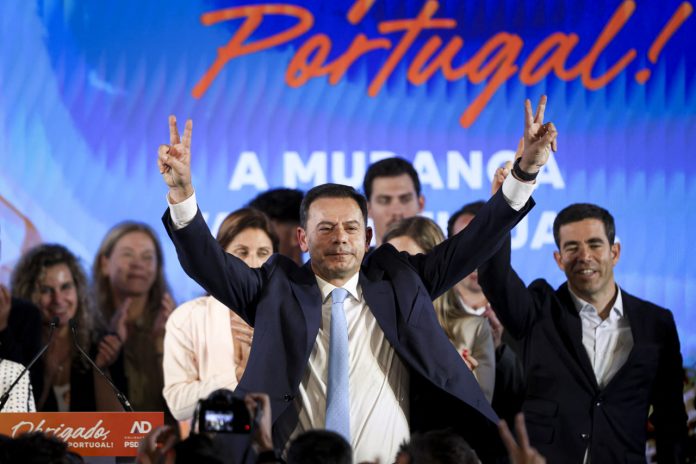Portugal’s political landscape was upended after Sunday’s snap parliamentary election, with the national-oriented Chega party securing a historic 22.6% of the vote and 58 seats.
The Democratic Alliance (AD), led by Prime Minister Luís Montenegro, emerged as the largest bloc with 89 seats in the 230-seat parliament but fell short of a majority.
The Socialist Party (PS), which governed with an absolute majority just three years ago, plummeted to 58 seats, marking its weakest performance since 1987. Leader Pedro Nuno Santos resigned immediately, admitting the result was a “painful lesson”. The PS’s decline reflects voter backlash for triggering the election amid a cost-of-living crisis and perceived infighting.
Chega, founded in 2019 by firebrand leader André Ventura, capitalised on voter frustration over immigration, corruption scandals, and housing crises to quadruple its parliamentary presence since 2024. The party tapped into discontent with mainstream politics, particularly after a scandal involving Montenegro’s family consultancy firm, Spinumviva, which triggered the government’s collapse in March.
Montenegro’s AD coalition now faces the daunting task of governing without a majority. Despite ruling out alliances with Chega, the AD may rely on fragile support from smaller parties like the pro-business Liberal Initiative (IL), which won nine seats.
However, analysts warn another minority government could collapse swiftly, echoing the turmoil of the past decade, where only one administration completed its term.
The election underscores a broader European shift, with Chega mirroring gains by parties in France and Germany. With Chega demanding influence and the Socialists in disarray, Portugal’s democracy faces a pivotal test, one that could redefine its place in a continent increasingly divided between liberalism and nationalism.
